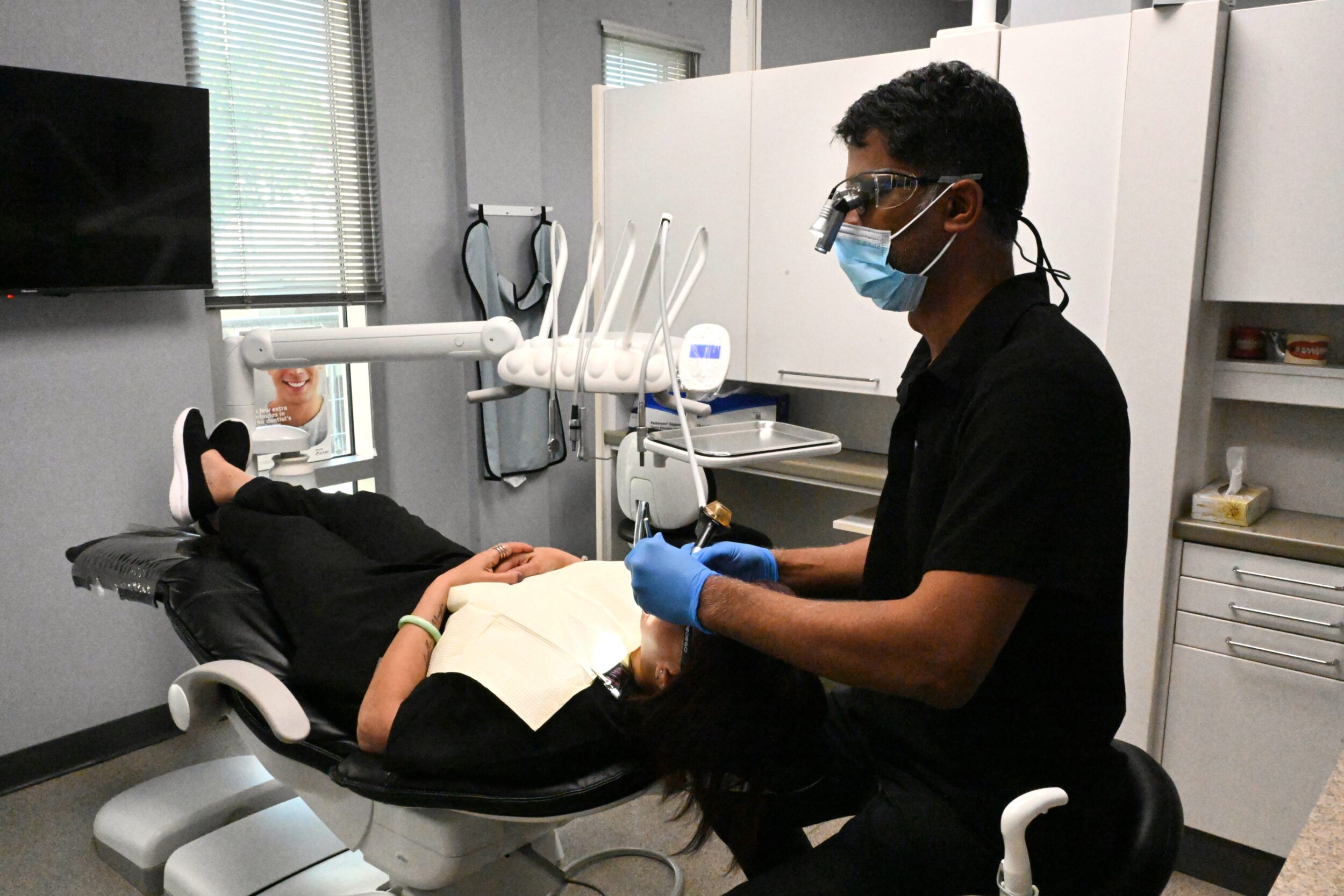Who Can Benefit From Orthodontics
How Can Orthodontics Benefit You?
A specialist in orthodontics is responsible for diagnosing, treating, and preventing malocclusions (bad bites) and other irregularities of the jaw and face. The purpose of an orthodontist is to correct these problems as well as to restore health, functionality, and a beautiful aesthetic appearance to the smile. Despite the fact that orthodontics was initially intended to treat children and teenagers, almost one third of orthodontic patients are now adults. It is possible for an orthodontist to successfully treat a person of any age, regardless of their age.

In the case of malocclusion (improper bite), any individual can suffer from it at any age, and it can have an adverse impact on the individual’s capacity to speak clearly, chew properly, and maintain facial symmetry. As well as digestive difficulties, TMJ disorders, periodontal disease, and severe tooth decay, a severe malocclusion may also contribute to a number of serious dental and physical conditions. In order to avoid future expensive restorative procedures, it is important to seek orthodontic treatment as soon as possible.
What problems can orthodontics treat?
In most cases, orthodontics is able to treat a wide range of dental problems and, in most cases, it is able to realign the teeth completely. It is possible for an orthodontist to work alone or in conjunction with a maxillofacial surgeon.
Orthodontic treatment is typically required for the following irregularities:
- Overcrowding
Overcrowding refers to an insufficient amount of space within the jaw for all of the adult teeth to fit naturally. As a result of overcrowding, teeth may become displaced, rotated or completely misaligned. - Overbite
The term overbite refers to the protrusion of the maxilla (upper jaw) relative to the mandible (lower jaw). If you have an overbite, your smile will appear “toothy” and your chin will appear as if it has receded. - Underbite
There is a condition known as an underbite, also known as a negative underjet, where the mandible (lower jaw) protrudes in relation to the maxilla (upper jaw). In the case of an underbite, the chin appears to be overly prominent. It is generally due to developmental delays as well as genetic factors that underbites and overbites occur
What are the benefits of orthodontic treatment?
Orthodontics offers techniques that can be used to realign the teeth and revitalize the smile. A variety of orthodontic treatments may be recommended to you by the orthodontist, depending on the results of panoramic x-rays, study models (bite impressions) and a thorough visual examination by the orthodontist.
It is possible to correct even the most severe cases of misalignment with fixed dental braces. A metal or ceramic bracket is attached to each tooth, along with an archwire which gradually moves the teeth during treatment.
Among the removable appliances are headgear (which is composed of a metal wire device attached to customized braces), retainers, Invisalign® aligners (which are almost invisible to the naked eye), palate expanders, and tooth movers. A faceguard is generally used to correct developmental delays in the upper and lower jaws, and a palate expander is used to alleviate overcrowding.
It does not matter what the dental irregularity or the age of the patient is, orthodontic appliances can realign the teeth and create a beautiful smile regardless of the dental irregularity.
Please feel free to contact our office with any questions or concerns you may have regarding orthodontic treatments.